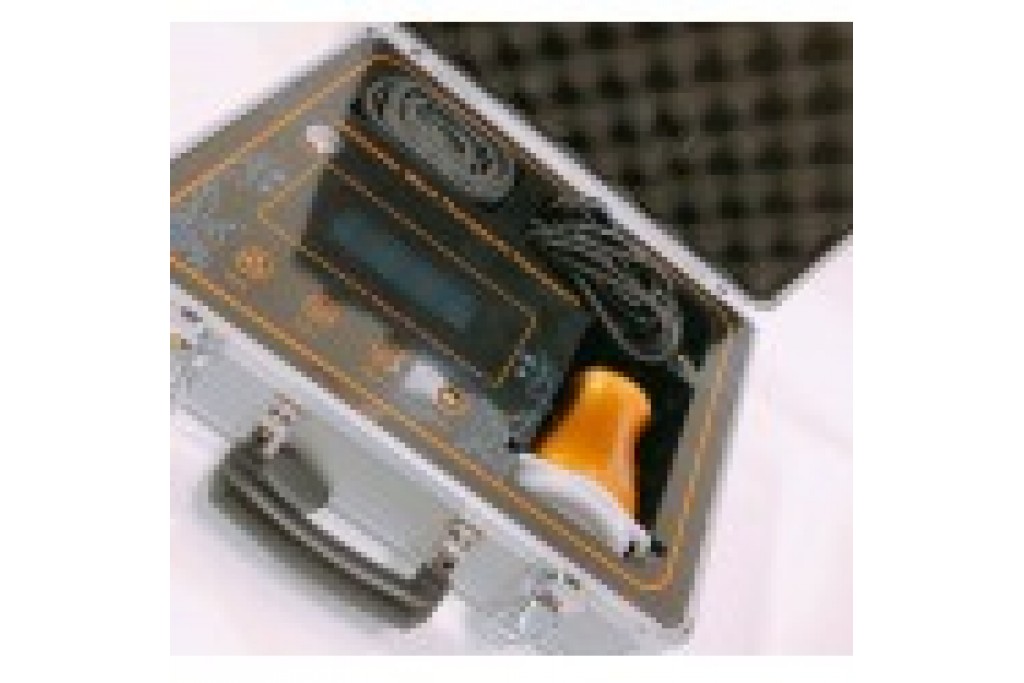Effect of Millimeter Waves on Macrophage Functions
- Chris
- July 07, 2025
- 133
- 0
- 0
Effect of Millimeter Waves on Macrophage Functions
Macrophages are large mononuclear phagocytic cells important in innate as well as in cell mediated immunity. Macrophages play a critical role in host defense against microbial invasion and tumor cells. Macrophage activation is important in controlling of many key processes of immune system. When activated, macrophages are known to produce reactive oxygen and nitrogen species, free radicals, and TNF-α. TNF-α was first described as an endotoxin-induced and macrophage secreted factor that caused hemorrhagic necrosis of tumor cells. TNF-α is now recognized as a critical cytokine orchestrating cell differentiation, activation, proliferation and survival [47-50].
Our studies have demonstrated that CPA treatment of mice causes a strong decrease in spontaneous release of TNF-α by peritoneal macrophages that was restored to normal level when animals were irradiated with MMWs [26]. Several studies have shown that millimeter waves can activate macrophages [51]. The role of activated macrophages in the defense against tumor cells and in cancer treatment has been studied extensively [52]. It has been reported that macrophages can be involved in tumor cell killing, as well as in stimulation of tumor development and metastasis [53]. Activated macrophages are able to recognize, bind, and subsequently kill tumor cells. They can distinguish between tumor and normal cells based on differences in cell composition. Several studies have shown that a higher concentration in the amount of phosphotidylserine (PS) in the outer membrane of tumor cells is one of the factors responsible for specific tumor cell recognition and lysis or phagocytosis of tumor cells [52]. It has been shown that MMW irradiation can cause externalization of PS in the outer layer of membrane leading to apoptosis [54]. Since the rate of apoptosis depends upon the concentration of PS in outer layer of the cell membrane [55], MMWT holds a great potential to preferentially kill tumor cells because of greater accumulation of PS in their cell membrane.
Inhibition of Drug Resistance by MMWs
A major problem in cancer therapy is the development of tumor resistance to chemotherapeutic drugs. The major culprit involved in the development of drug resistance is the nuclear factor NF-κB, a transcription factor, that is involved in regulation of several genes. Many studies have shown that antineoplastic agents themselves can enhance this resistance through induction of NF-κB. There is ample evidence to indicate that both constitutive and inducible activation of NF-κB can protect tumor cells from apoptosis and thus enhance chemoresistance [56-58]. The above reports suggest that agents that inhibit activation of NF-κB by chemotherapeutic drugs may also inhibit tumor resistance to chemotherapy. In support of the above hypothesis, it was shown that inhibition of inducible NF-κB activity reduces tumor resistance to chemotherapy [59,60]
Our studies have shown that MMW irradiation can inhibit activation of NF-κB induced by CPA, an anticancer drug [61]. These results suggest that MMW therapy when applied in conjunction with chemotherapy can reduce tumor resistance to the antineoplastic agents. The mechanisms through which MMWs inhibit drug induced activation of NF-κB remain to be elucidated.

